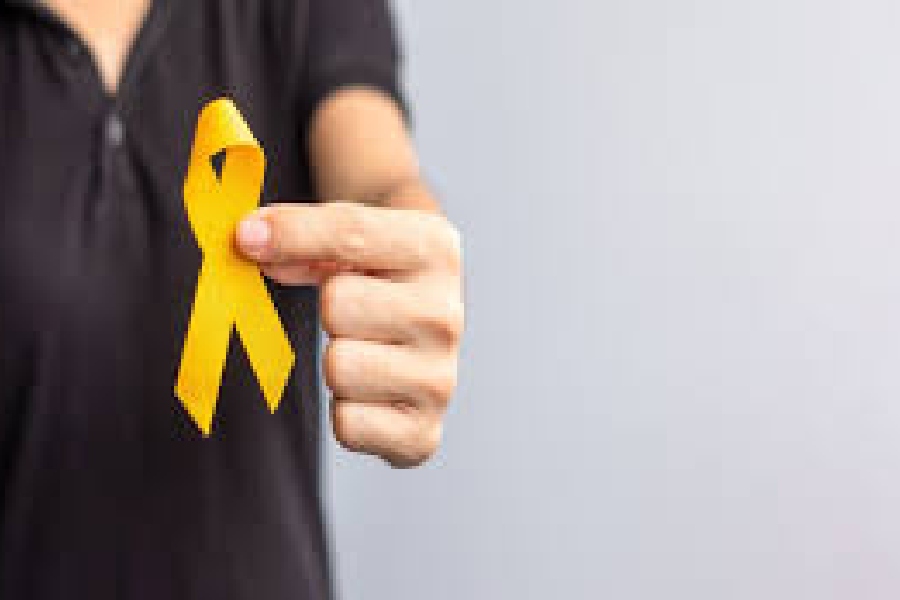The teenage son of a woman died by suicide in 2014. Another woman lost her sister to suicide a year before.
The bereaved mother and sister shared their pain in front of an audience in a Chowringhee auditorium on Sunday evening.
While the mother sent an audio message, the sister, who spoke in person, said: “The grief is like a freight train. It just comes out of nowhere. It is like a mist, a fog where you think the pain is not there right now because you think you have learnt to survive and then, suddenly out of the blue, the freight train is going to come and hit you”.
The programme at Rotary Sadan marked the launch of a support group for similar people who have lost near and dear ones to suicide.
The group is called Solace. Anyone troubled by a suicide, within or outside the family, can register and join the group therapy sessions. The helpline numbers are 9163940404 and 9088030303. They will be active between 10am and 10pm
Suicide is an extremely personal loss but sharing the pain with another bereaved person can be of help, said mental health experts.
“We want to start with at least one meeting every month. A trained counsellor will be part of each session,” said Molly Thambi, director of Lifeline, the NGO behind the support group.
A similar campaign launched a decade ago could not go beyond a couple of sessions because of the stigma associated with suicide. To put it simply, hardly anyone turned up at the group sessions.
“But in 10 years, many more people have started opening up on mental health problems,” said Thambi.
The launch of Solace aligned with the annual observance of World Suicide Prevention Day on September 10.
Solace is conceived on the lines of Alcoholics Anonymous, a fellowship of people who come together to solve their drinking problem.
The National Crime Records Bureau (NCRB) data showed that 1,64,033 cases of suicide were reported in India in 2021.
The stigma associated with suicide is the main stumbling block. In most cases, even immediate family members of a suicide victim try to pass the death off as an accident.
“They live in denial because living with the truth is more painful. They feel responsible for the death. They feel like they are stained, that they have blood on their hands,” psychiatrist Jai Ranjan Ram said at a panel discussion that followed the launch.
The discussion focussed on the role of support groups in helping individuals cope with the trauma resulting from the suicide of a loved one.
The panellists included Esha Dutta, joint convenor of Pronam, a joint initiative of the police and an NGO to help the aged who live by themselves in the city; Sreemoyee Piu Kundu, author and journalist; Jayanto N. Choudhury, a retired IPS officer and now part of the National Human Rights Commission, and Mittra Sinha Roy, former principal of Adamas International School.
